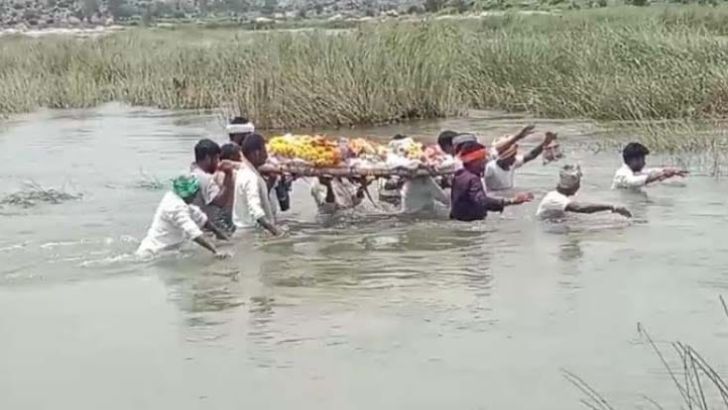K’taka sees zero rape convictions since 2023
The alarming report comes in the wake of an Israeli national and a local woman being gangraped in Hampi. The police have arrested the accused in this case.
-
Karnataka saw zero convictions in rape cases even though 1,461 rape cases were registered between 2023 and 2025
Bengaluru, 20 March
The State saw 1,461 rape cases registered between 2023 and
2025, but not a single one ended in conviction. The dismal zero conviction rate
comes even as 1,662 accused were arrested, according to the Karnataka Home
Ministry's latest crime report.
The alarming report comes in the wake of an Israeli national
and a local woman being gangraped in Hampi. The police have arrested the
accused in this case.
The incident shocked the State, yet it follows a disturbing pattern of repeated sexual violence cases with no justice achieved and rapists let out of jails. The zero conviction highlights deep-rooted flaws in our legal system.
Conviction rates are declining despite rising cases
According to the State Crime Records Bureau (SCRB) report,
the State has witnessed a declining conviction rate in rape cases over the
years. In 2021, the conviction rate stood at 11.7 per cent, which dropped to
8.4 per cent in 2022.
However, the report does not include Protection of Children
from Sexual Offences (POCSO) Act cases.
Legal experts and activists argue that unless stringent
measures are implemented to ensure successful prosecution, the rising number of
rape cases will continue to go unpunished, further emboldening the rapists.
A senior IPS officer in Bengaluru, speaking on condition of
anonymity, told Salar News,
"Most cases collapse due to weak evidence, delayed
investigations, and victims turning hostile during trials. Ensuring speedy
justice requires stronger forensic capabilities and better witness
protection."
An official from the Karnataka Home Minister’s office said
victims and their families often face pressure to withdraw complaints or settle
cases out of court, which leads to low conviction rape. “Judicial backlogs and
procedural delays further weaken prosecution efforts,” he added.
Meanwhile, the report says that hundreds of cases are pending trial in courts, and a limited number have reached the final judgment stage.
Witness safety, long trials delay justice
in rape cases
Karnataka saw zero convictions in rape cases even though 1,461 rape cases were
registered between 2023 and 2025. One of the main reasons of such low
conviction is the lengthy trail that leads to mental traumas in the victims and
a weak witness protection programme.
Women's rights activist Pramila
Nesargi told Salar News that no woman wants to relive the
distressing incidents.
“Rape trials stretch for years,
sometimes even decades. A victim cannot repeatedly narrate her ordeal without
emotional strain," she said.
She added that in molestation cases,
the accused often walk free or cases remain pending for years.
Advocate Syed Akmal Rizvi from Bengaluru told Salar News, "For
the police and lawyers, it is just another case. But for the victim, it is a
battle for dignity. Despite laws protecting their identity, victims fear
stigma, and lengthy trials make their suffering worse.”
He said to overcome this the government must establish one-stop support centres
to provide medical care, psychological counselling, and legal assistance to
survivors.
He claimed that many cases go unreported, and a few cases are dropped as
they are false accusations.
"A 23-year-old man claimed his relationship with his live-in partner was
consensual, but the woman’s parents filed a rape case against him. False cases,
out-of-court settlements, and lack of proper investigation are the main causes
of injustice,” he added.
Women's rights activist Brinda Adige told Salar News that caste plays a big
role in rape cases.
“The first question the judge and
prosecution ask are, ‘Who has raped whom?’ There is an underlying assumption
that if the victim belongs to a so-called lower caste, the crime is somehow
less serious, leaving the victim at the mercy of public opinion rather than the
justice system. The same bias applies when considering the religion of the
victim and the accused," she told Salar News.
Meanwhile, former DG & IGP ST Ramesh said an exclusive witness protection
law is needed to prevent coercion and bribery. He blamed an insufficient number
of judges and courts, lengthy legal procedures, and frequent adjournments for
delays in case hearings.
"False testimonies lead to the accused going unpunished. Many cases take
three to five years to come up for trial, by which time witnesses forget
crucial details, leading to inconsistencies in their testimonies. This allows
accused to secure acquittals," Ramesh added.
Leave a Reply
Your email address will not be published. Required fields are marked *








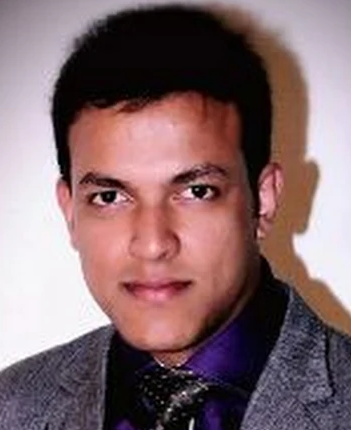


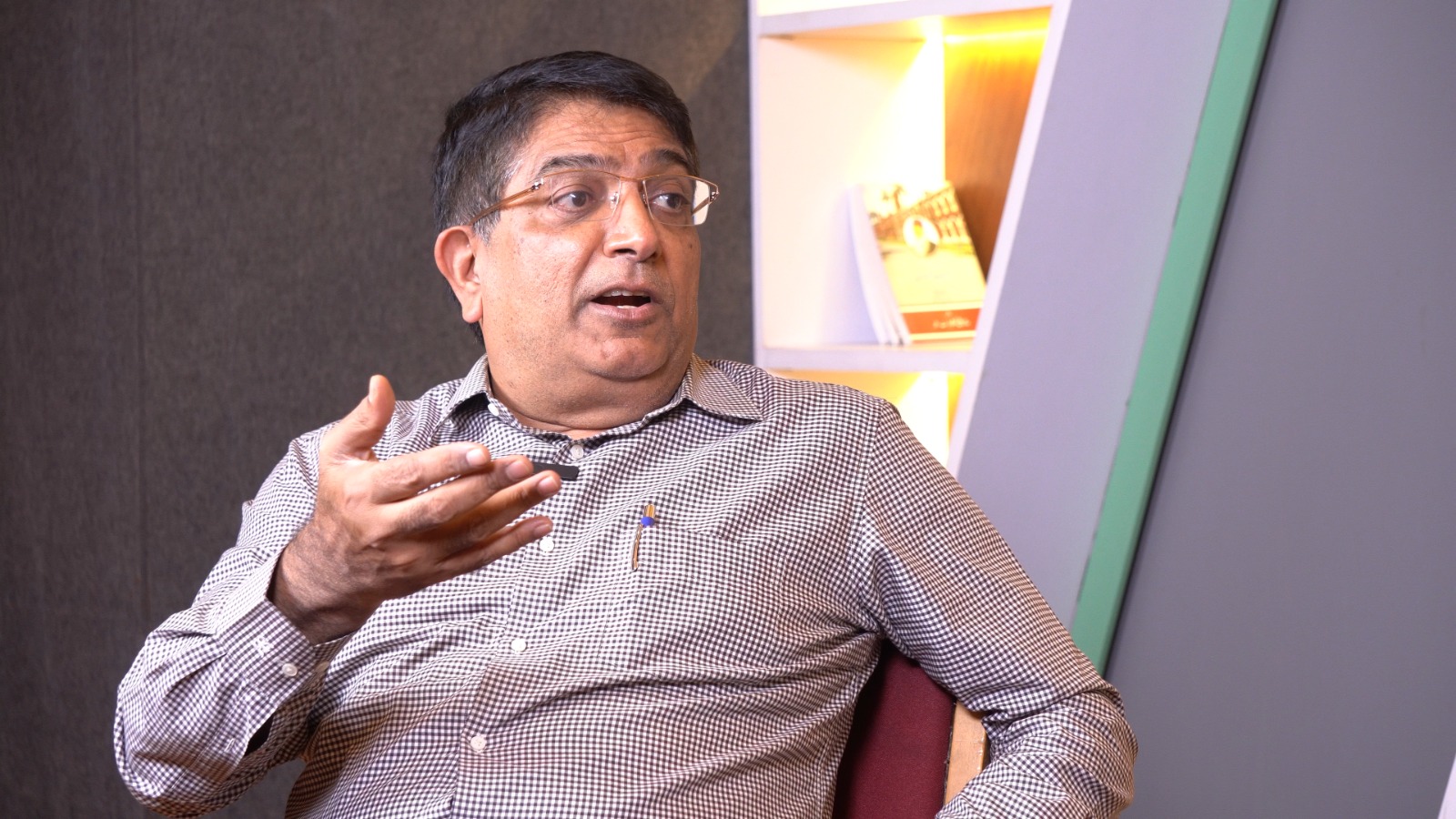
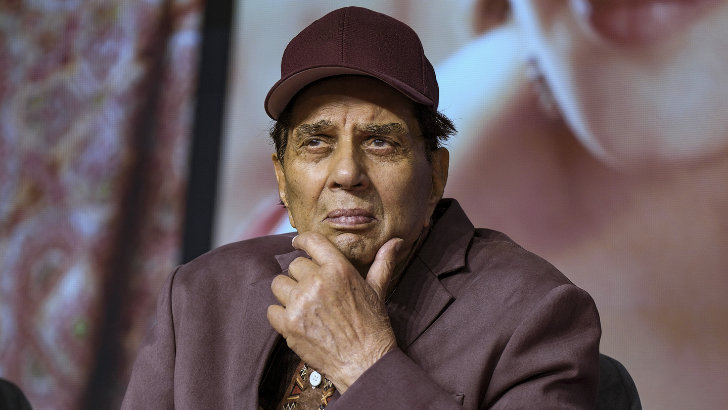
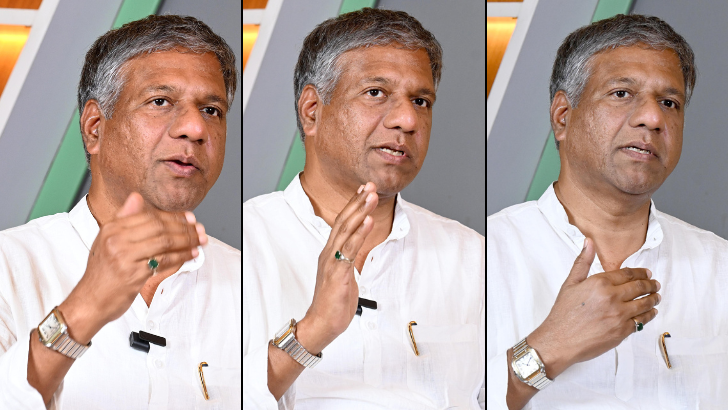
.png)
.png)
.png)
.png)

.jpg)
